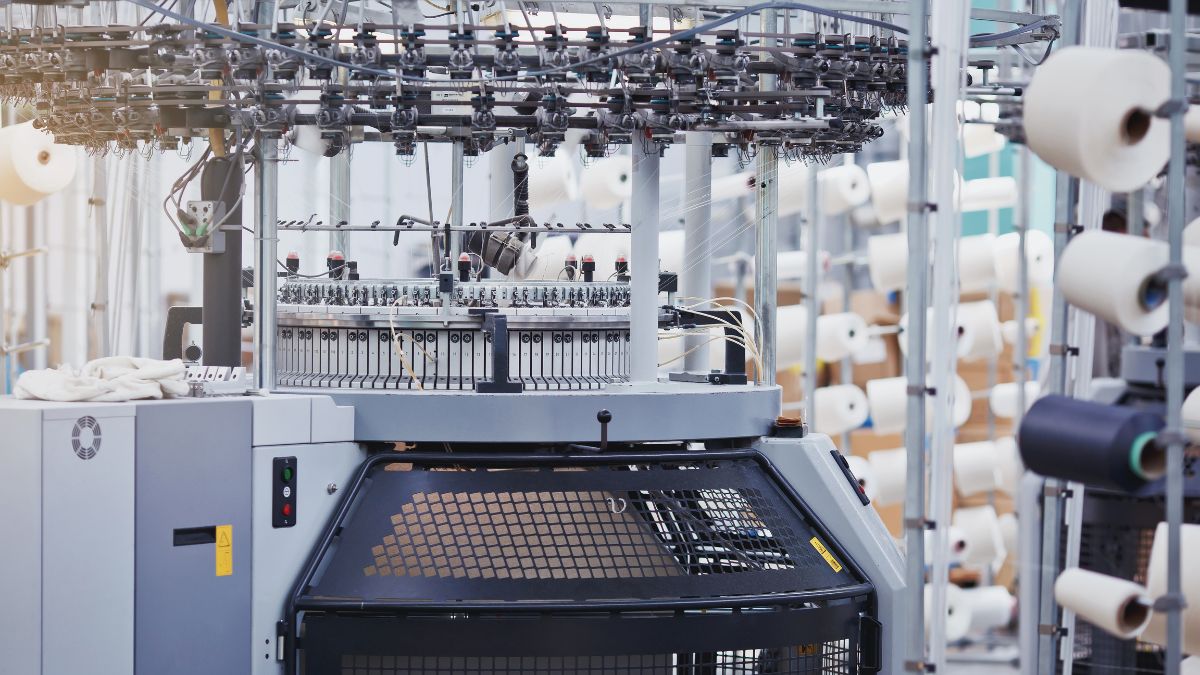Kalidasa (Classical Sanskrit Literature)
Kalidasa (Classical Sanskrit Literature)
Innovation in Textiles: A closer look at how the textile industry was transformed during the Industrial Revolution.

Innovation in Textiles: A closer look at how the textile industry was transformed during the Industrial Revolution.
As the dawn of the Industrial Revolution unfurled across the horizon, a wave of innovation washed over the world, transforming societies, economies, and industries in its powerful surge. Among the many sectors that underwent a profound metamorphosis, the textile industry stood at the forefront, a beacon of change that would forever alter the fabric of human civilization. This narrative delves into the awe-inspiring journey of the textile industry during the Industrial Revolution, a period that stitched together a new tapestry of technological marvels and societal shifts.
The Industrial Revolution, a period marked by an explosion of technological advancements and industrial growth from the late 18th to the early 19th century, was a catalyst for change like no other. At its heart, the textile industry experienced a renaissance of innovation that spun raw fibers into gold, figuratively speaking. This era witnessed the birth of machines that could outpace and outproduce the traditional hand-operated tools, heralding a new age of mass production and efficiency that was previously unimaginable.
Imagine the world’s astonishment as the Spinning Jenny, invented by James Hargreaves in the 1760s, came into the public eye. This multi-spindle spinning frame revolutionized the process of spinning cotton, enabling a single worker to produce multiple spools of yarn simultaneously. It was a glimpse into a future where human potential, amplified by machine, could achieve unprecedented levels of productivity. The Spinning Jenny was not alone in its glory, for soon, Richard Arkwright’s water frame introduced in 1769, powered by water or horse, further accelerated the pace, producing stronger and finer threads suitable for weaving.
The innovation did not stop at spinning. The power loom, introduced by Edmund Cartwright in 1785, transformed weaving from a laborious handcraft into a mechanized process, dramatically increasing the speed of fabric production. This marvel of engineering allowed textiles to be produced at a pace that kept up with the burgeoning demand, fueling the growth of the textile industry and contributing to the economic prosperity of nations.
The awe-inspiring transformation of the textile industry was not merely a tale of machines and mechanisms. It was a saga of human ingenuity, ambition, and the relentless pursuit of progress. Factories sprung up, towering over the landscape, housing the new mechanical giants that roared with productivity. These cathedrals of industry became the heartbeats of cities, drawing workers from the countryside with the promise of employment, and weaving together the social fabric of the Industrial Age.
The ripple effects of these innovations were profound and far-reaching. They paved the way for the development of global trade networks, as textiles produced in the mills of England found their way to distant shores, wrapping the world in the threads of industrialization. Moreover, the technological advancements in the textile industry served as a blueprint for other sectors, showcasing the transformative power of mechanization and mass production.
As we stand in awe of the monumental changes that the Industrial Revolution brought to the textile industry, it’s a reminder of humanity’s boundless capacity for innovation. The looms and spindles of the past spun not just cotton and wool, but the very dreams of progress, weaving a story of human achievement that continues to inspire to this day. The Industrial Revolution, with its tapestry of innovation, was not just a chapter in history; it was the weaving of the future itself, a testament to the indomitable spirit of human creativity and the endless quest for advancement.